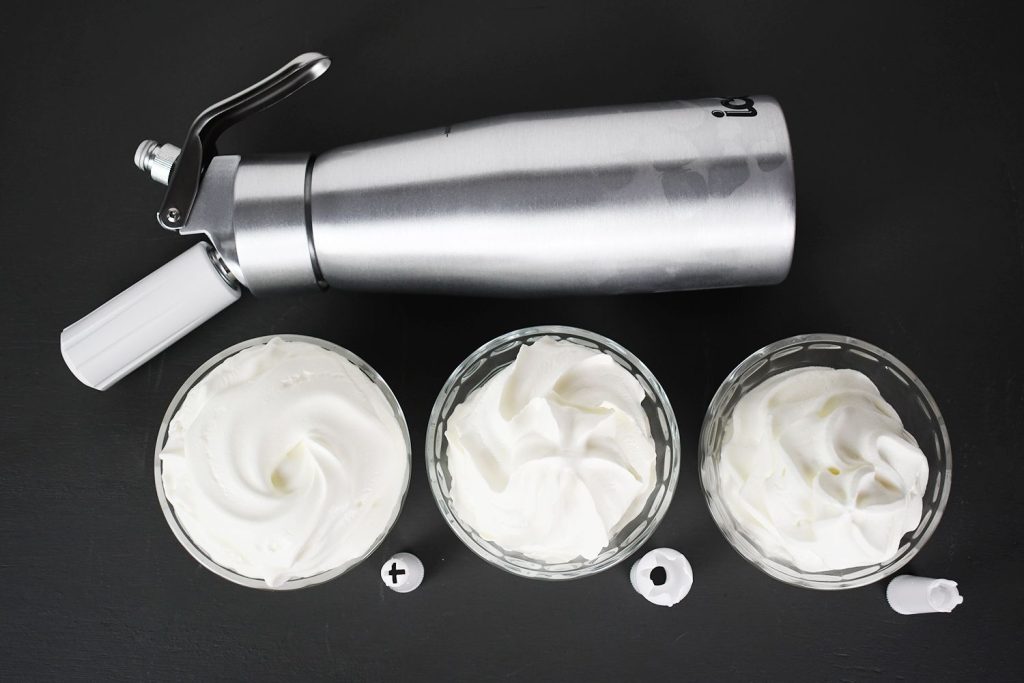In recent years, the use of cannabis-based products for health and wellness has garnered significant attention. One cannabinoid that is increasingly standing out for its medicinal properties is THCA tetrahydrocannabinolic acid, the raw form of THC before it is decarboxylated through heat. Unlike THC, THCA is non-psychoactive, meaning it does not produce the high that recreational users seek. However, THCA offers a range of potential therapeutic benefits, particularly for individuals struggling with chronic pain and inflammation. THCA flowers, derived from raw cannabis plants, contain a high concentration of this compound in its natural form. These flowers are typically consumed in their raw or lightly heated state to preserve THCA’s structure. Research suggests that THCA may offer anti-inflammatory properties that can help reduce swelling and pain, making it a compelling natural alternative for individuals suffering from conditions such as arthritis, fibromyalgia, and autoimmune diseases. Chronic inflammation is a driving force behind many debilitating health issues, and THCA’s ability to modulate the body’s inflammatory response provides a potential path to relief for those enduring ongoing pain.
For many people suffering from chronic pain, conventional treatments often include pharmaceuticals such as nonsteroidal anti-inflammatory drugs NSAIDs, opioids, or corticosteroids. While these medications may provide temporary relief, they also come with a host of side effects, from gastrointestinal issues to addiction risks. In contrast, THCA presents a more holistic approach to pain management. Anecdotal evidence from users and emerging studies indicate that THCA can reduce discomfort without the harmful side effects often associated with traditional painkillers. It is believed to interact with the body’s endocannabinoid system, which plays a key role in regulating pain, immune response, and inflammation. In addition to its anti-inflammatory benefits, THCA may also promote neuroprotective effects, offering hope to those with neurodegenerative conditions such as multiple sclerosis or Parkinson’s disease. By protecting brain cells from damage and aiding in the reduction of oxidative stress, THCA flowers could offer relief not only for pain and inflammation but also for cognitive decline, potentially improving quality of life for many individuals.
One of the most attractive aspects of best thca flowers is their versatility in consumption. These flowers can be used in a variety of ways, including juicing, adding to smoothies, or incorporating into tinctures. For individuals seeking a more traditional route, THCA-rich cannabis products are also available in oils, balms, and capsules. These options allow people to tailor their usage to their lifestyle and specific health needs, providing flexibility in how they manage their pain and inflammation. As more research emerges, the potential of THCA to revolutionize chronic pain management becomes more evident. With its ability to reduce inflammation, alleviate pain, and protect against neurological damage, THCA flowers offer a natural, non-addictive alternative to traditional pharmaceuticals. For individuals looking to manage chronic pain and inflammation through a holistic, plant-based remedy, THCA flowers could be a transformative option that addresses both symptoms and underlying causes, helping people lead more comfortable and fulfilling lives.


